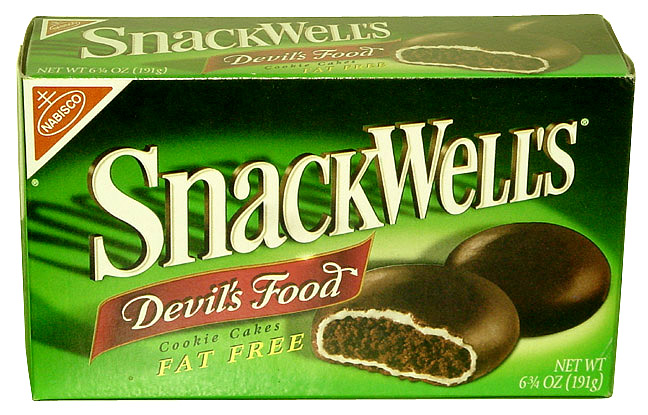D
Deleted member 17706
Unconfirmed Member
Who's recommending diets high in carbs? In the past couple years that I've taken more of an interest in what I eat, I have never heard of a single diet that doesn't start out with "cut your carb intake dramatically."
Governments and many official health agencies.
So even having this stuff in moderation is bad?
Moderately bad, yes.



